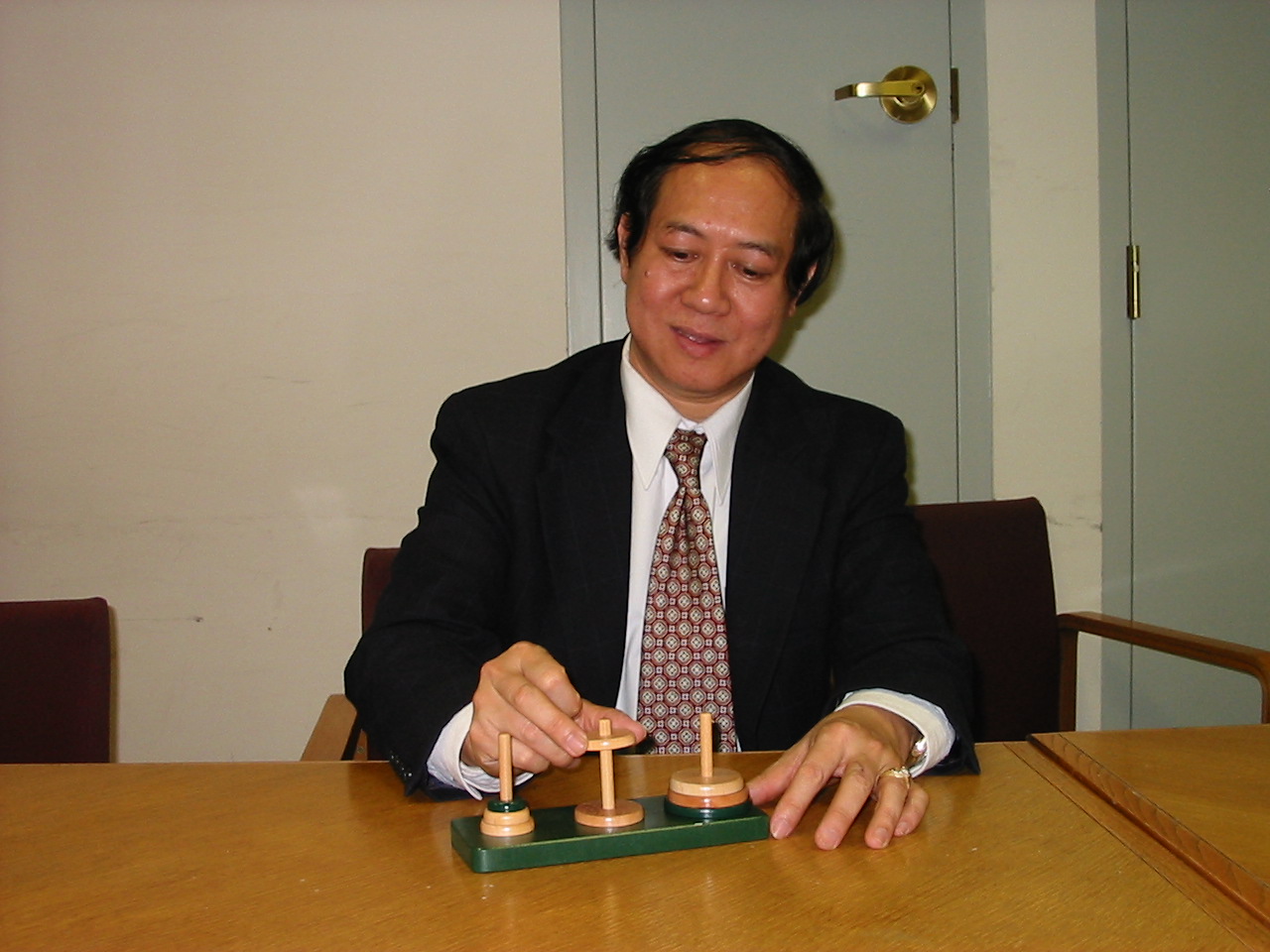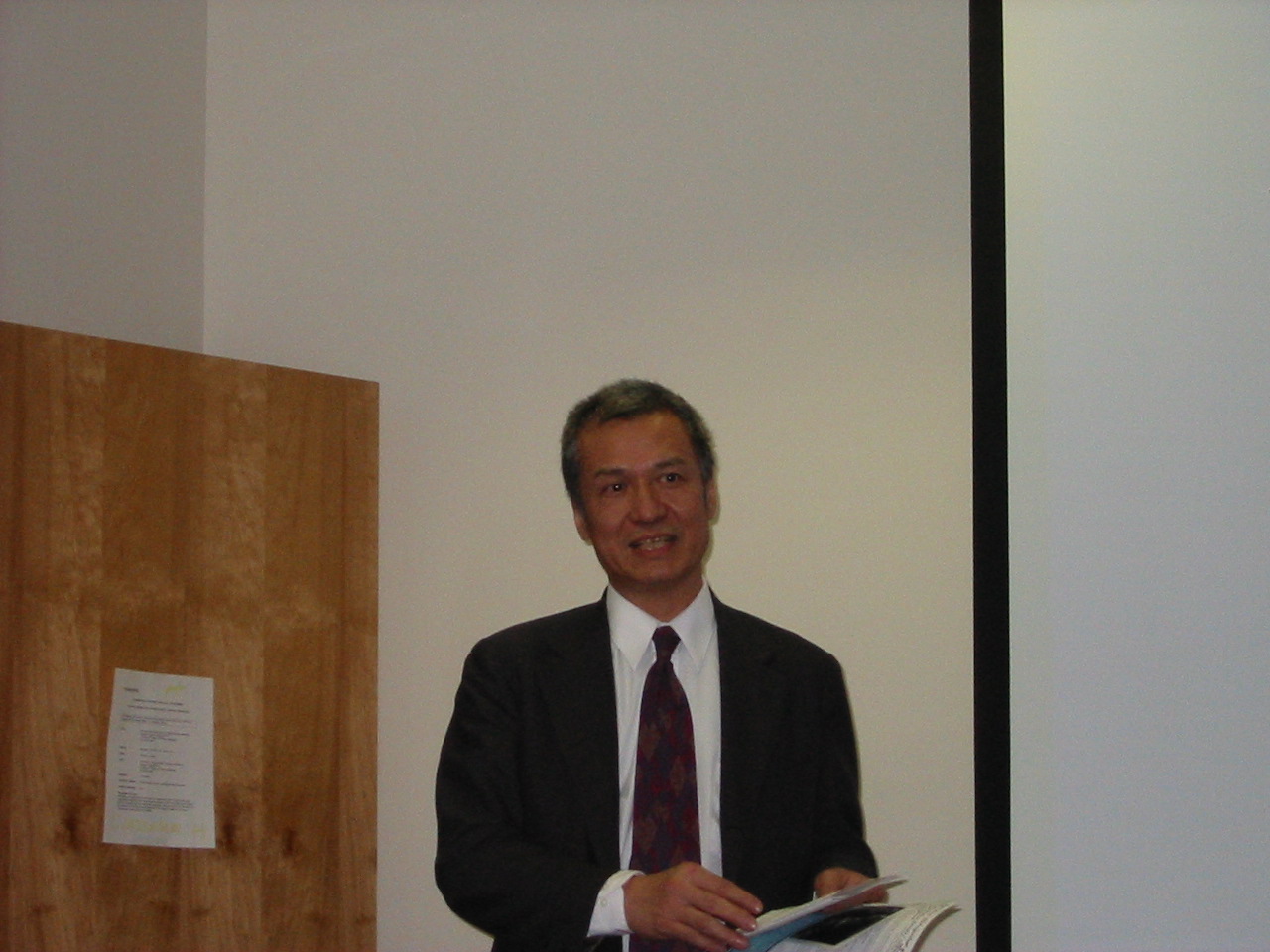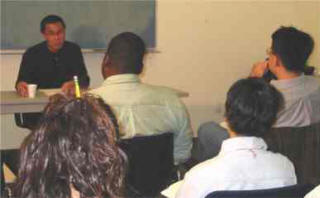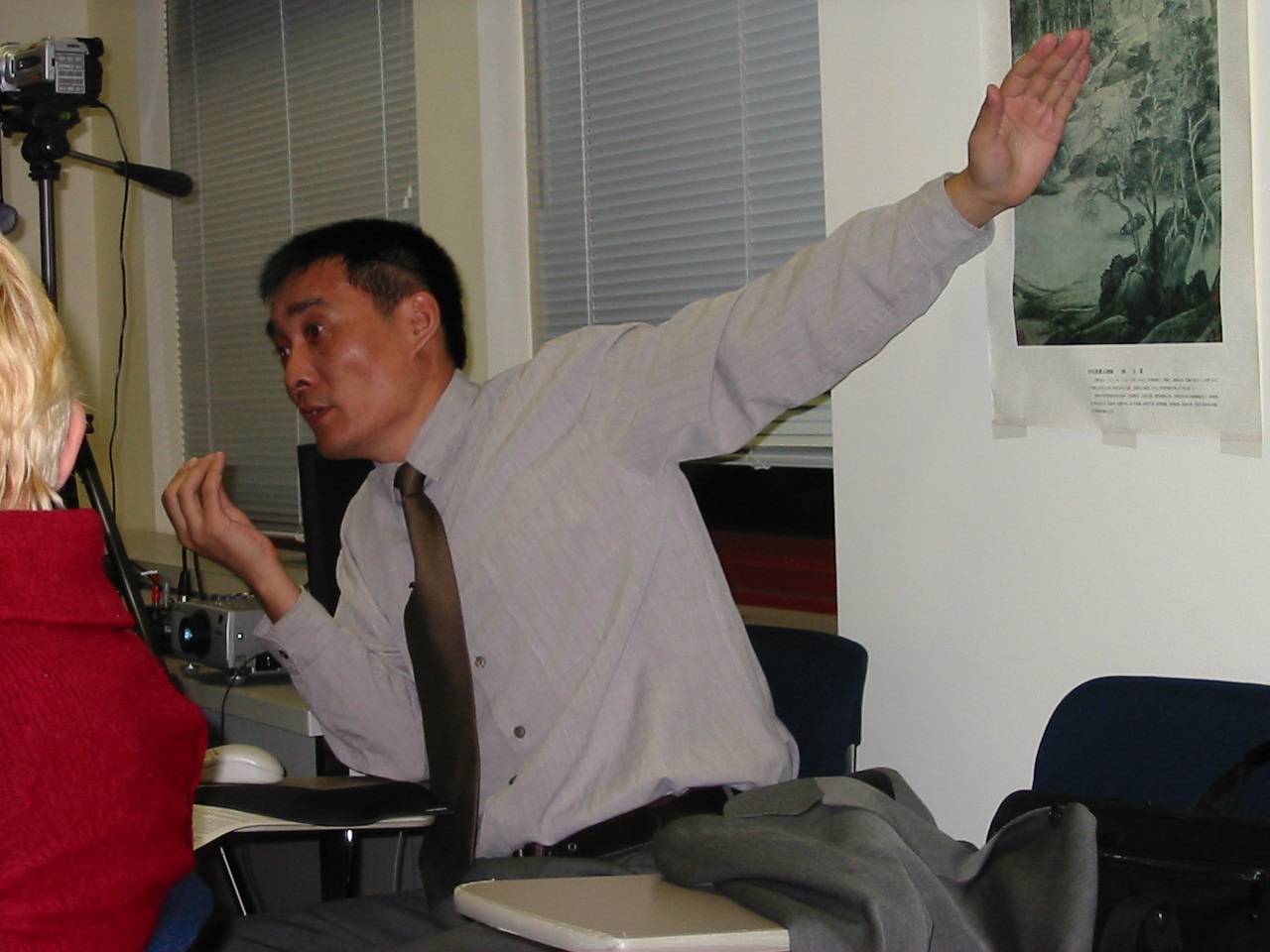Introduction to Magic Squares
Motivated by a game called the “Tower of Hanoi” played by the monks in Hanoi, Dr. Lap found a game that he loves called – “Magic Square” in a book called “Lo Shu” in Beijing. The principle of the “Magic Square” is to arrange the numbers in any square that is equal or larger than … Read more






